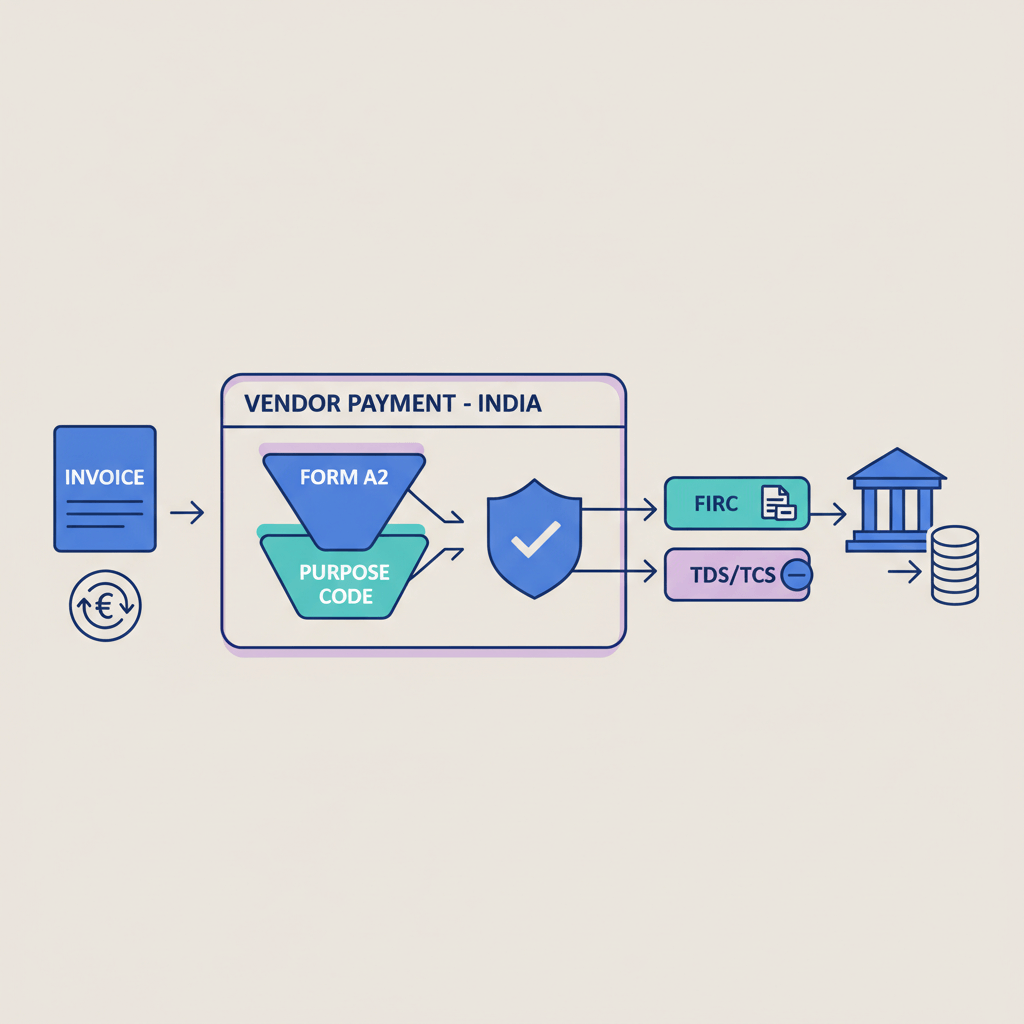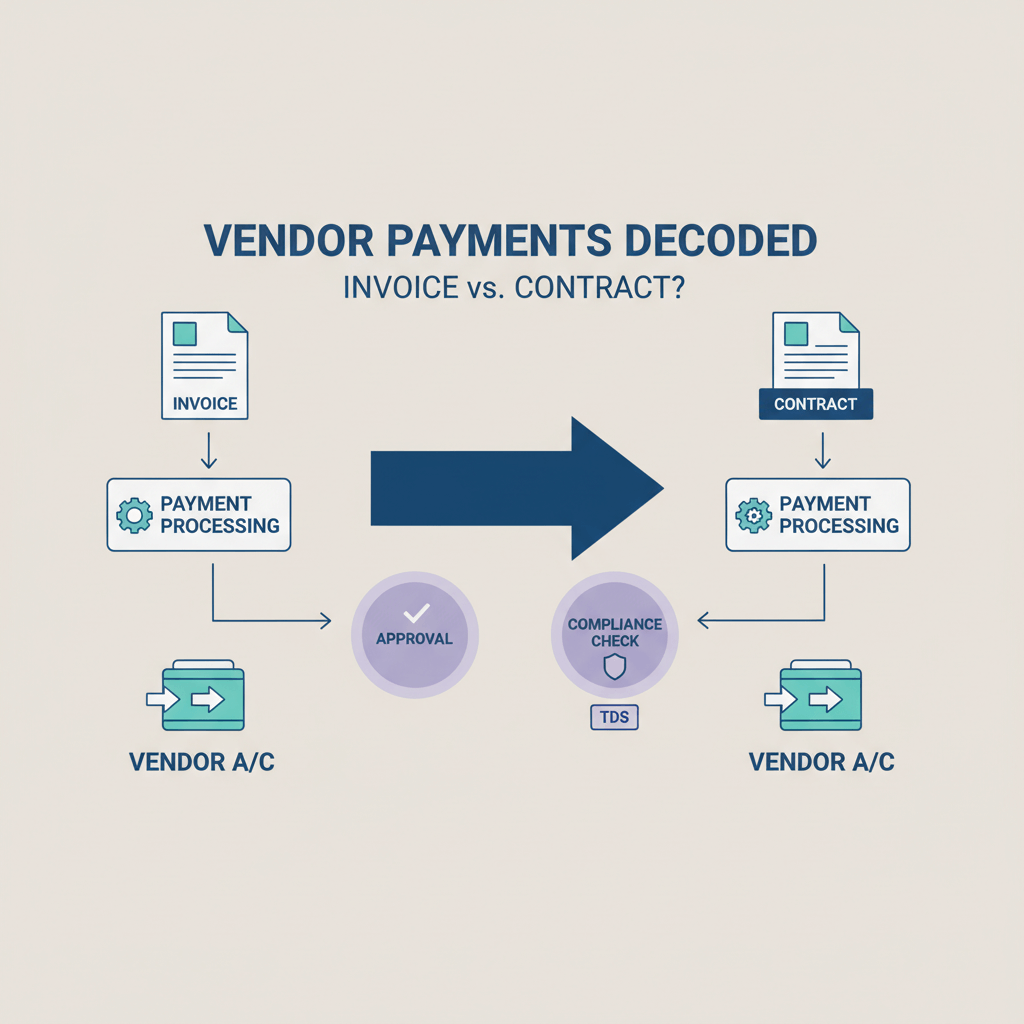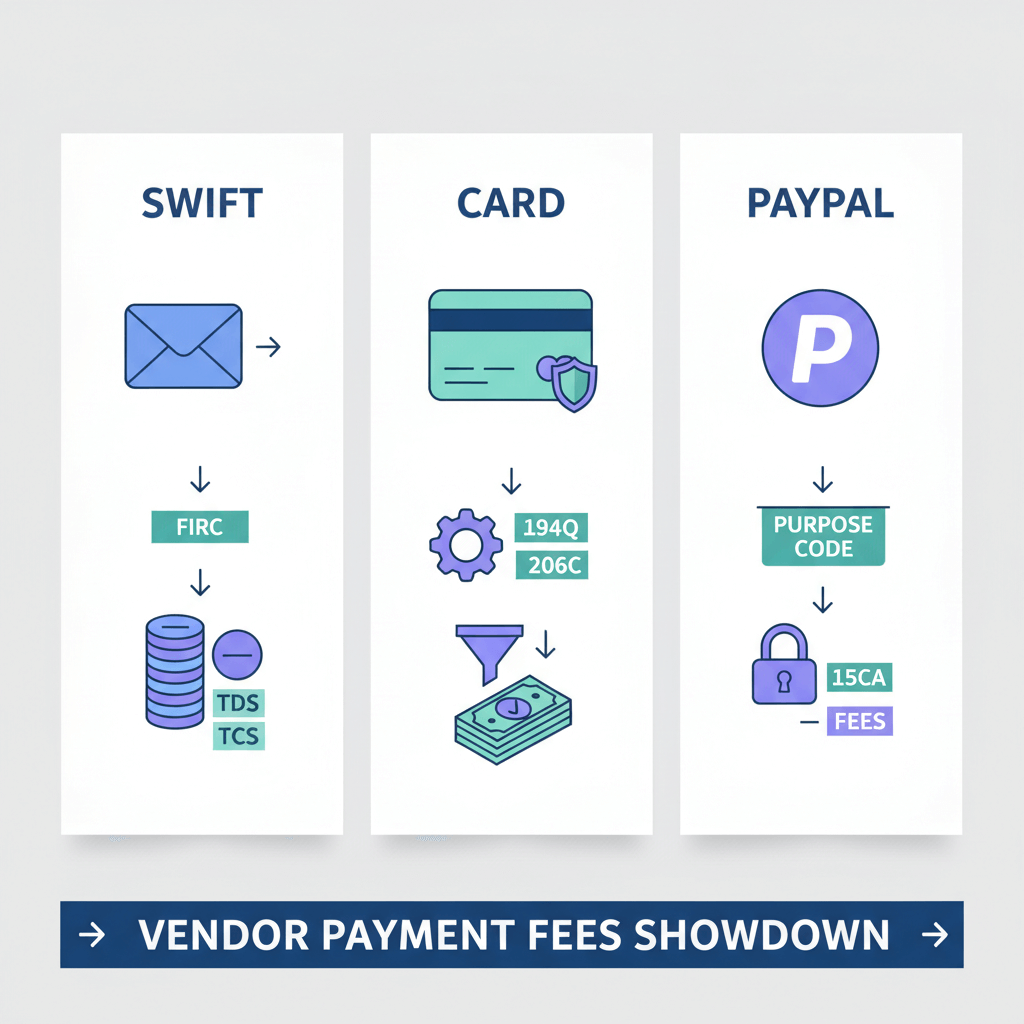Form 15CB requirement is for outward remittances from India, that is mainly fulfilled by a chartered accountant.
It’s a mandatory document needed for sending money abroad from India if it exceeds a certain threshold.
This form shows that the sender followed Indian tax rules and paid the right taxes, if needed. It's important for legal money transfers between countries.
In this blog post, we dive into the nuances of Form 15CB requirements.
Read on…
What is meant by 15CB?
The 15CB requirement mandates a certificate issued by a Chartered Accountant (CA) in India. It is necessary for any payment made to a non-resident subject to tax deduction at source (TDS). This form is essential for remitting money abroad, providing evidence that the payment complies with Indian tax regulations.
Form 15CB contains details regarding the remittance's nature, purpose, and relevant sections of the Income Tax Act pertaining to tax deductions or exemptions. Its purpose is to ensure transparency and facilitate cross-border transactions by confirming that appropriate taxes have been deducted or paid on the income being remitted to a non-resident.
Is a CA certificate mandatory for foreign remittance under 15 CB requirements?
In many cases, a certificate from a Chartered Accountant (CA) is required for sending money abroad from India. This certificate, known as Form 15CB, confirms that the payment meets Indian tax regulations. It ensures that the appropriate taxes have been deducted or paid on the income being sent to a non-resident. Additionally, depending on the type of payment and the rules set by the Reserve Bank of India (RBI), other documents or certificates may also be needed to send money overseas.
Why 15CA CB is required?
- Form 15CA and Form 15CB are required for foreign remittances from India.
- Form 15CA is a declaration form submitted by the remitter to provide information to the Income Tax Department.
- It helps monitor foreign remittances and ensure tax compliance on income earned abroad.
- It verifies that the appropriate taxes, if applicable, have been deducted or paid.
- Together, these forms ensure transparency, compliance, and accountability in foreign remittances.
- They help prevent tax evasion and facilitate legitimate cross-border transactions.
In which cases is 15CB not required?
(Html code)
Table with Borders table { border-collapse: collapse; width: 100%; border: 1px solid black; /* Add border to table */ } th, td { border: 1px solid black; padding: 8px; text-align: left; } th { background-color: #f2f2f2; }
| Cases | Explanation |
| Exempt Transactions | These are remittances falling under specific categories exempt from TDS as per the Income Tax Act, such as payments for imports, certain types of interest, or specified capital gains. |
| Lower TDS Rate | This applies when the applicable TDS rate is lower than the prescribed threshold as per Double Taxation Avoidance Agreements (DTAA) or other provisions. |
| No Tax Liability | In cases where the recipient is eligible for tax exemption or has no tax liability in India, no TDS is required to be deducted. |
| Tax Clearance Certificate | If the recipient obtains a tax clearance certificate confirming no tax liability on the transaction, Form 15CB may not be necessary. |
| Small Amounts | For remittances below a certain threshold limit specified by the tax authorities, where TDS is not required to be deducted, Form 15CB may not be required. |
What is the limit of the 15CB exemption?
The exemption limit for Form 15CB varies based on provisions outlined in the Income Tax Act and other pertinent regulations. Form 15CB is obligatory for foreign remittances subject to tax deduction at source (TDS). However, certain categories of remittances may be exempt from TDS, and thus, from the requirement of Form 15CB.
The exemption limit is influenced by factors such as the nature of the remittance, the amount involved, and any applicable tax treaties or agreements between countries. It's essential to refer to the latest tax laws and regulations to ascertain the specific exemption limits applicable to different types of remittances, considering the 15CB requirement.
Furthermore, seeking guidance from tax professionals or Chartered Accountants is recommended to ensure compliance with all relevant tax regulations and to accurately determine whether Form 15CB is necessary for a particular remittance.
What are the rules for 15CA and 15CB?
Rules for Form 15CA and 15CB table { border-collapse: collapse; width: 100%; border: 1px solid black; /* Add border to table */ } th, td { border: 1px solid black; padding: 8px; text-align: left; } th { background-color: #f2f2f2; }
What is exempt from 15 CA CB?
Certain types of transactions are exempt from the requirement of Form 15CA and Form 15CB. Here are examples of transactions that typically qualify for exemption:
- Payments for goods imported into India.
- Remittances made by diplomatic missions and diplomatic personnel.
- Payments for diplomatic purchases made by diplomatic missions and their personnel.
- Remittances made by the Indian government, ministries, and departments.
- Payments made by Indian companies for imports from non-residents, where the obligation to deduct tax does not fall on the payer under the provisions of the Income Tax Act.
FAQs on 15 CB requirement
Who is required to file form 15CC?
Form 15CC must be filed by an authorized dealer, usually a bank, in India. It is mandatory for any foreign currency remittance exceeding INR 5 lakhs in a single transaction or multiple transactions within a financial year. The authorized dealer is responsible for electronically submitting Form 15CC to the Income Tax Department within a specified timeframe. This form serves to inform tax authorities about customer remittances, aiding in monitoring foreign currency transactions for tax compliance and preventing illicit financial activities.
How much does CA charge for 15CB?
The charges levied by Chartered Accountants (CAs) in India for preparing Form 15CB can vary depending on several factors, including the complexity of the transaction, the amount involved, and the individual CA's fee structure. Typically, CAs determine their fees based on their expertise, the time required for the certification process, any specific client requirements, and the 15CB requirement.
The fee for Form 15CB may range from Rs 1500 to Rs 3000 per certificate. It's essential to have a clear discussion with the CA regarding their fee structure and any additional expenses associated with the certification process. Moreover, obtaining quotes from multiple CAs can help in comparing fees and selecting a professional whose services best meet your budget and needs.
What is the validity of form 15CA CB?
The validity of Form 15CA and Form 15CB is indefinite once filed for a specific transaction, but they should accurately reflect the nature of the outward remittance from India at the time of submission.
| Aspect | Form 15CA | Form 15CB |
| Purpose | Declaration form submitted by the remitter | Certificate issued by a Chartered Accountant (CA) |
| Requirement | Necessary for all remittances | Mandatory for remittances subject to tax deduction at source (TDS) |
| Information | Provides details about the nature and purpose | Confirms compliance with Indian tax laws and ensures appropriate taxes, if applicable, have been deducted or paid |
| Submission Process | Filed electronically through the income tax | Submitted manually or electronically, along with other necessary documents related to the remittance |
| Compliance | Helps monitor foreign remittances | Ensures transparency, compliance, and accountability in foreign remittances |
| Exemption | Certain remittances may be exempt from TDS | Exemption depends on the nature of the remittance and the applicable tax regulations |











